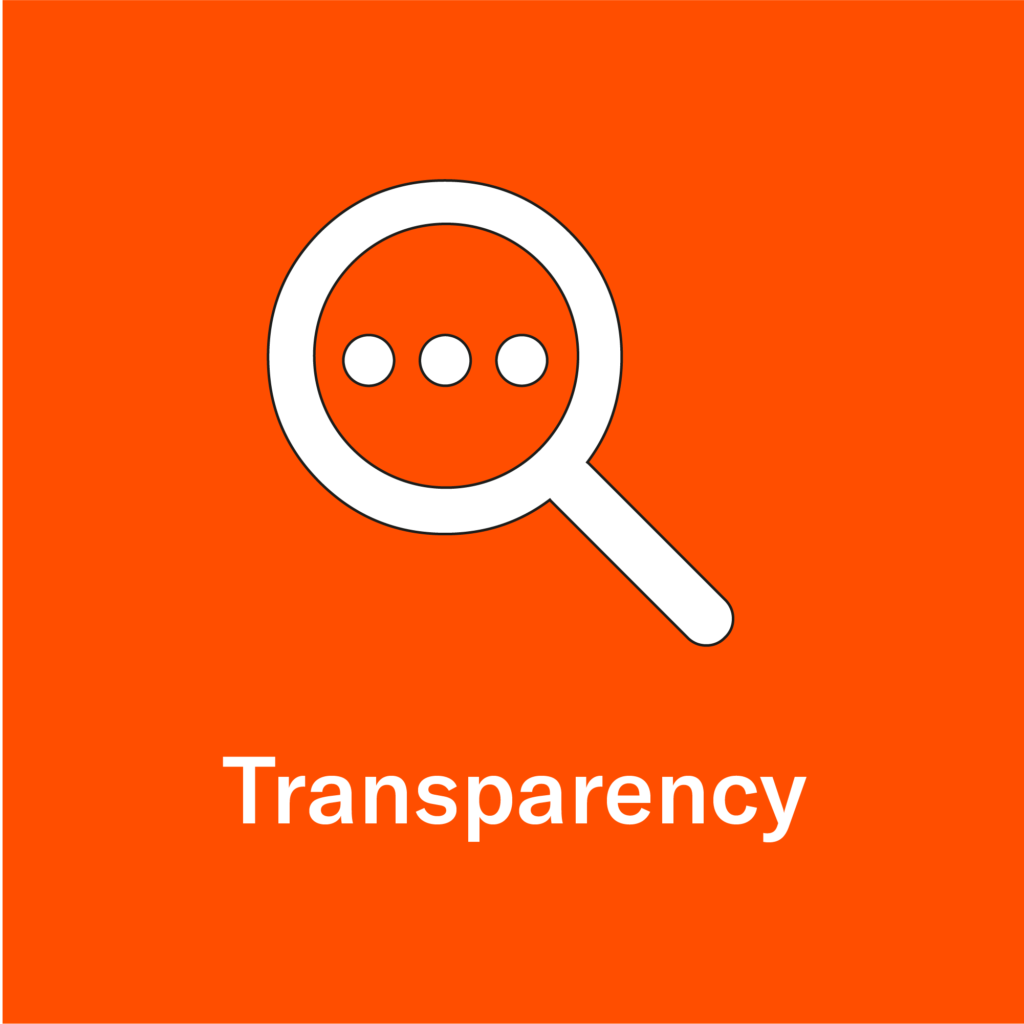They are needed as part of the uptake of emergent technologies and governance formats to ensure these strategies serve the public good in practice. [1] An open culture of transparency promotes principles of information accessibility, financial and decision making accountability. Without transparency and stakeholder engagement proposals or plans are unlikely to have high levels of public support or stakeholder trust which might affect viability or implementation despite potential benefits. The proliferation of communication technologies and platforms in recent years provides an abundance of options and opportunities for government and organisations to employ transparency and enable engagement as never before.
Recently established tools by governments for transparency, citizen engagement and to facilitate collective intelligence include vTawain a government crowdsourcing platform to ascertain citizen input on how to legislate emerging industries. Similarly, Barcelona city administration created Decidem, an open source platform used by planners to gather feedback on emerging policy. Barcelona’s city administration also undertakes open budgeting, two of a range of activities for implementing its digital strategy. The Forum Virium Helsinki, a smart city programme driven by Helsinki to enable the co-creation of urban services and businesses, includes an online platform with open source code, APIs and data regarding smart city pilot projects and other activities of the city government.
Best practice: [1] OECD. Open Government.
